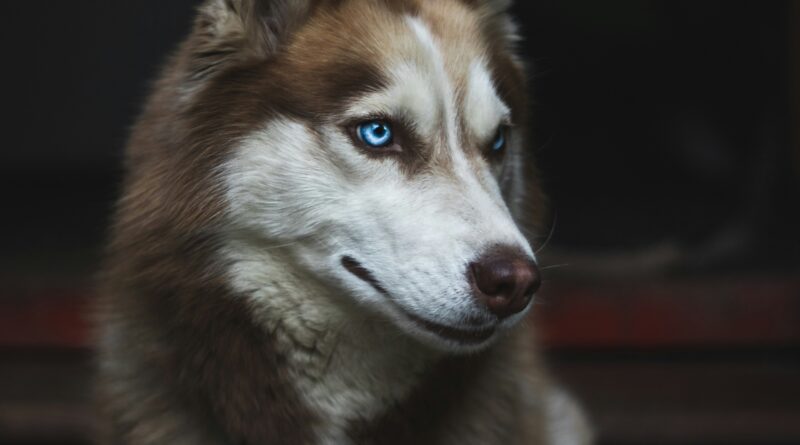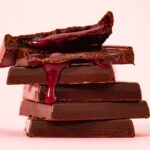Nigami Bashiru
As Japanese terms that represent a man with good appearance, there are “otoko mae” and “ike men” (“ike” is short for “iketeru,” which means “cool”).
苦み走る
In most cases, we use these terms or the English loanword “handsome.”
容姿の優れた男性を指す日本語としては、「男前」「イケメン(イケてるメンズの略)」などがあり、ほとんどの場合これらの単語か、英語からの借用語である「ハンサム」が使われています。
However, if the man is very attractive with a tight face, “nigami bashitta ii-otoko” may be more appropriate.
しかし、渋みのある引き締まった顔をした魅力的な男性には、「苦み走ったいい男」という表現を使うとよいかもしれません。
“nigami” means “bitter taste,” “bashitta” mean “run” or “spread,” and “ii-otoko” means “regular guy.”
「苦い」は “bitter taste,” 「走った」は “run/spread,” 「いい男」は “regular guy” を意味します。
If you eat something bitter, you will frown up your face, and some people will think that it’s a firm face and attractive.
苦いものを口にして顔をしかめたときの表情は、渋みが漂って魅力的に見えます。
Because of this, becoming such a firm face has come to be called “sibumi bashiru,” and now it is usually used as an adjective, such as “nigami bashitta kao” (“kao” means “face”) or “nigami bashitta otoko” (“otoko” means “man”).
このことから、大人の男らしい雰囲気が出ることを「渋み走る」と言うようになり、現在では主に「渋み走った顔」や「渋み走った男」のように、形容詞的に使われます。
I think that this the meaning of term is similar to the one of the English word “dandy.”
英語では “dandy” という言葉が近いかもしれません。




